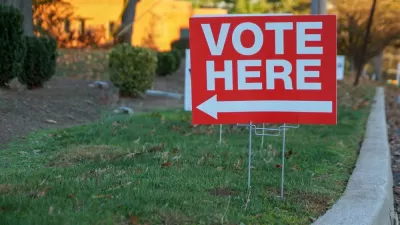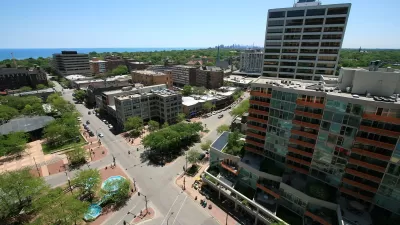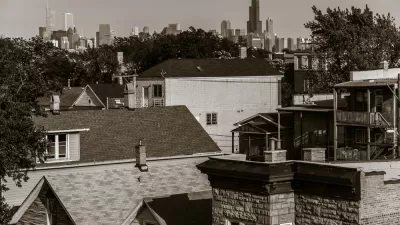Michael Gecan uses the Chicago and New York City areas as examples of the challenges facing mature suburbs, examines the ways many are avoiding reality, and draws a series of conclusions.
"A few months ago, about 125 leaders from religious institutions, civic organizations, and social service groups met at Etz Chaim synagogue in the town of Lombard, in DuPage County, to wrestle with a new reality: a budget crisis. Budget crises aren not supposed to happen in places like west suburban DuPage. It is home to nearly one million souls and more than 600,000 private sector jobs. It boasts a median income of $70,000, one of the highest in the nation. And yet the county, strapped for cash, was threatening to cut convalescent services, veterans' services, housing assistance, breast cancer screening, and many other essential public functions.
Until recently DuPage County had been one of the big winners during the forty-year decline and imminent collapse of Cook County. Major corporations fled Chicago's failing downtown and moved to DuPage's open spaces and tax-friendly towns. Working class homeowners on the west and southwest sides of the city sold their bungalows and bought ranch houses, Cape Cods, and new town homes in Wheaton and Naperville and Downers Grove. Families troubled by the city's public schools happily sent their children into shining new facilities and well-equipped classrooms. County government prided itself on its lean budgets and effective service-delivery.
By the date of the meeting, however, the developers who had helped double DuPage's population in just 30 years had run out of land. The income generated by their construction efforts had dwindled to a trickle. Education and public safety costs continued to climb. Scores of specialized local districts and commissions-water, sanitary, and others -absorbed hundreds of millions of dollars that never made it into the general operating budget of the county and were subject to little, if any, scrutiny or oversight. And residential real estate taxes-the backbone of the county's budget due to the long-standing agreement to attract and retain business by keeping commercial taxes low-soared."
Thanks to Edward Lifson
FULL STORY: On Borrowed Time: Urban decline moves to the suburbs

Alabama: Trump Terminates Settlements for Black Communities Harmed By Raw Sewage
Trump deemed the landmark civil rights agreement “illegal DEI and environmental justice policy.”

Planetizen Federal Action Tracker
A weekly monitor of how Trump’s orders and actions are impacting planners and planning in America.

Why Should We Subsidize Public Transportation?
Many public transit agencies face financial stress due to rising costs, declining fare revenue, and declining subsidies. Transit advocates must provide a strong business case for increasing public transit funding.

Understanding Road Diets
An explainer from Momentum highlights the advantages of reducing vehicle lanes in favor of more bike, transit, and pedestrian infrastructure.

New California Law Regulates Warehouse Pollution
A new law tightens building and emissions regulations for large distribution warehouses to mitigate air pollution and traffic in surrounding communities.

Phoenix Announces Opening Date for Light Rail Extension
The South Central extension will connect South Phoenix to downtown and other major hubs starting on June 7.
Urban Design for Planners 1: Software Tools
This six-course series explores essential urban design concepts using open source software and equips planners with the tools they need to participate fully in the urban design process.
Planning for Universal Design
Learn the tools for implementing Universal Design in planning regulations.
Caltrans
Smith Gee Studio
Institute for Housing and Urban Development Studies (IHS)
City of Grandview
Harvard GSD Executive Education
Toledo-Lucas County Plan Commissions
Salt Lake City
NYU Wagner Graduate School of Public Service





























